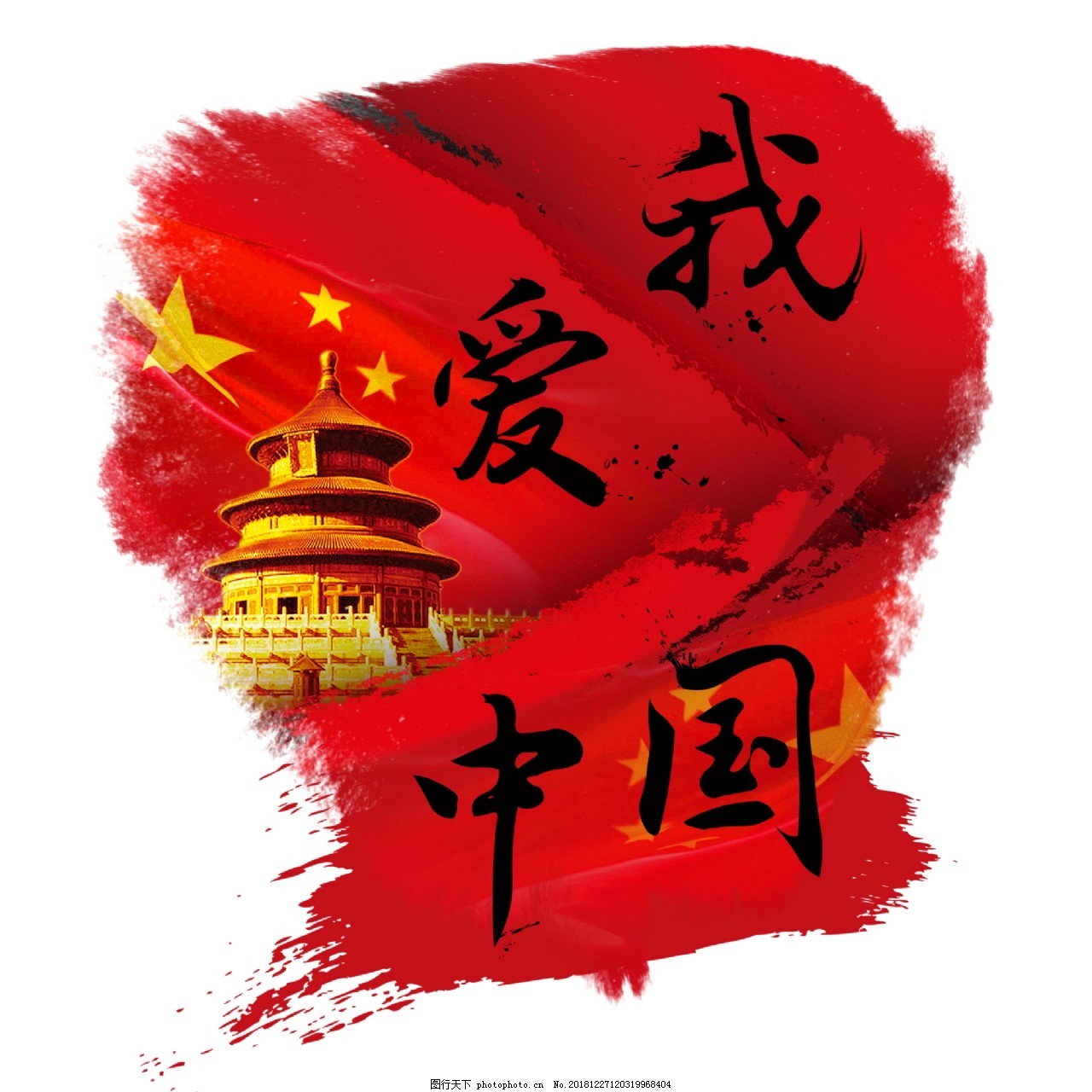Just curious to see who is actively studying Chinese here or speaks Chinese to some level (whether through study, as a native language, or a heritage language). This community seems a bit inactive at the moment so I am wondering about who might be lurking and have an interest even though the posting rate is a bit slow.
Describing your level/experience with Chinese and info about what language variety, writing system and such you are studying/speak is welcome.
I’m studying but I’ve got less than 6 months of experience. Mandarin, hanzi and pinyin.
How do you feel about your studying so far?
Not good… not just because of time, but I need a better study program. The apps and TPRS are just not doing it.
I’ve been studying for the past 5 or 6 months, the first four using the Heisig method and learning only hanzi, now I’m taking classes in a virtual course and being exposed to hanzi, pinyin, grammar and phonetics all together. I have to say using the Heisig method seems more effective but well, I’m transitioning to this new stage, hope it works.
I would be up for a call, but I can’t construct more than basic predefined sentences like greetings and such.
The biggest problem with Heisig is that most chinese characters have the sound built in, which makes it way less compatible with Heisig’s no sound at all method than say, Japanese.
I’ve also looked at it before, and it works fine for stuff like 上、下、旧、丸(though that last one is way too american for me to relate to, but it means pill or small ball), but for, say, 订 ding4, remembering that via Heisig is gonna be probably harder than just “言 communication + 丁 ding sound -> 订 schedule, order, set”
Somewhere between intermediate to background here after around 10 years of learning (is that what heritage language counts as?)
To my understanding, a heritage language is a language someone is exposed to/learns in early childhood (e.g. from your family speaking it at home) but that does not go on to become the person’s dominant language, usually due to that language being non-dominant in the society they live in. Instead the person becomes more competent in a different language (typically, the majority language in their location). However, because they had early exposure to the heritage language, they may still retain some ability or relationship with that language, making their experience with it distinct from a fluent native speaker, and also distinct from a completely new non-native learner.
TIL. That applies to me. I can pass on as fluent in basic conversation but I am far from being able to sound eloquent.
How about yourself?
With Chinese, I’m currently just a beginner learner, studying Mandarin. I am mainly in the phase of gathering some study materials and learning some basics. I have been studying Korean for a while, and in Korean about 60% of words are of Chinese origin. So I’m coming in with a little bit of prior exposure to reading and writing certain characters (Korean uses an alphabet but it’s easy to look up the corresponding Chinese character in a Korean dictionary). Chinese is not my current main focus but it probably will be in the future.
As for heritage speaker, I’m a native English speaker and I wouldn’t describe my experience in any language as exactly “heritage”. However I was informally exposed to Spanish a lot as a child (although not at home), without studying it, and I can relate with the situation of being able to have a basic conversation where people might sometimes think I am fluent, but then failing to be eloquent and having some strange uneven gaps in my knowledge that seem weird given my seemingly decent (at first glance) accent and vocabulary.






